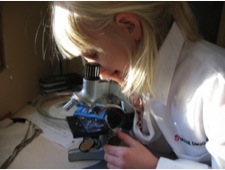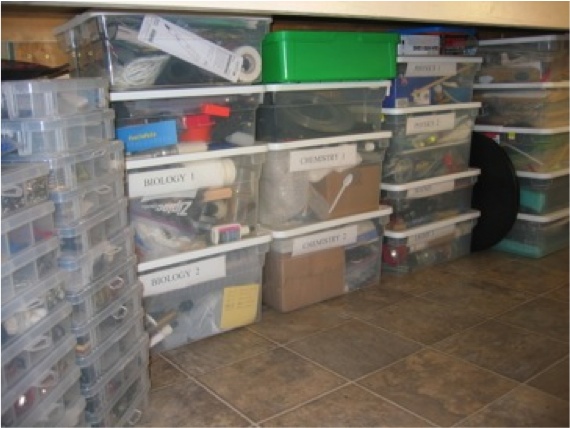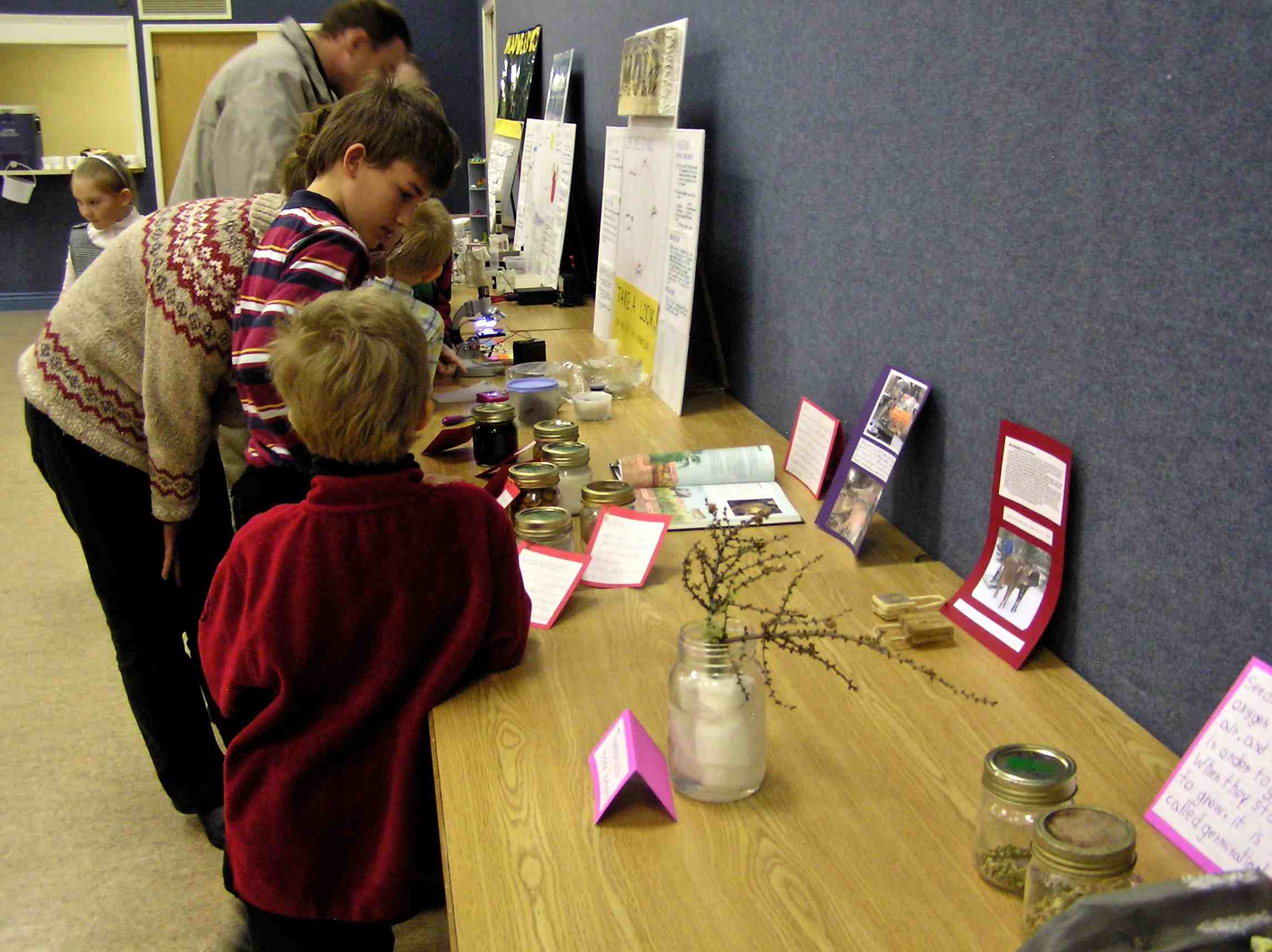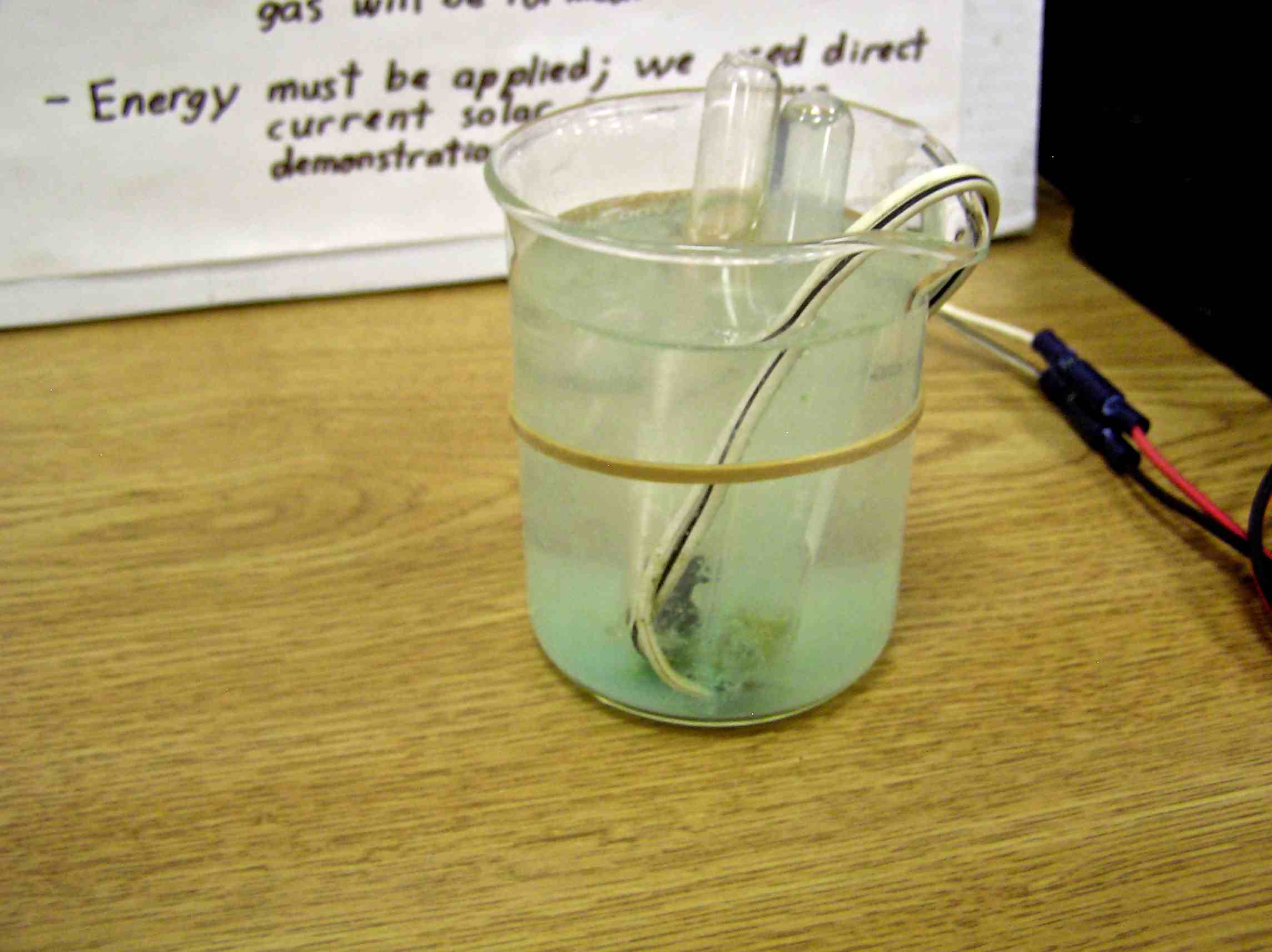Library
Marriage has taken a beating, and it has more than a bleeding nose.
We have all known of marriages that seemed doomed from the beginning, and sure enough didn’t survive the test of time. But something has changed. Many strong and healthy mar-riages that have been an example to others have collapsed. Christian matrimony has not been immune to attack. What is going on and why now more than ever?
Committed couples are suffering the same difficulties that are afflicting our world. As Christians, we may think ourselves separated from present culture, but we are ill affected, aware of it or not. We are living in a world where pleasure, entertainment, and the avoidance of suffering are top bill. Man is at the center of this worldly culture. We live in the “disposable society”. Cultural forces and destructive spirits have the marital camp surrounded. But isn’t the devout Christian immune? Doesn’t faith insulate us and protect us?
Although it is entirely speculative by its nature, the FUTURE is a big subject to talk about. In fact, perhaps because it is so big, it sometimes dominates our present. The future presents us with a plethora of "what if's" at every turn, and if we aren't careful we can become overwhelmed by its possibilities: intimidated, scattered, swamped or even terrified. On the other hand, because the future is speculative, it is possible to desire it more than the present; because the future contains a glimpse of the eternal, it is extremely appealing to the believer.
Observations of a Large Adoptive Family
In May 2005, having an approved international home assessment in hand and seeking God about international adoption, we connected with a relief organization (WACSN: West African Children Support Network) working in Liberia, West Africa. Their work involves, among other things, finding homes and processing adoptions for abandoned/orphaned children living at the WACSN orphanage in Monrovia.
Most forms of celebration consist of giving thanks and giving credit. When people celebrate, they don't usually apply the celebration to something outside their experience. Rather, they take a realistic look at what is normal in their life and recognize in it the great gifts.
The world of education (at least the professional world, where people make money at it) is continually looking toward more and more avant garde and sophisticated ways of delivering education. If a masters or doctoral student of education wishes to amount to anything, he had better come up with at least one new idea. The result is a constantly shifting plethora of pedagogical ideas loaded with eloquent terminology and backed by volumes of research.
By this time of year you will likely have developed a pattern or routine in your home-school day to accomplish your selected program of studies. Your children engage themselves with the various subjects that you assign them, most often with the help of a text book or other written resource. Depending on your child’s age and ability, the reading in these books may be done by your child, or you may be the one to read and explain the material to your eager learner.
How many containers do you need to fill a science program? Peculiar question, huh? Perhaps I should ask: How many weekends does it take to fill your science program containers?
By this time of year you will likely have developed a pattern or routine in your home-school day to accomplish your selected program of studies. Your children engage themselves with the various subjects that you assign them, most often with the help of a text book or other written resource. Depending on your child’s age and ability, the reading in these books may be done by your child, or you may be the one to read and explain the material to your eager learner.
Summer is a wonderful time for getting out to play and to explore the wonderful handiwork of God’s creation. Even though many of you suspend your formal homeschool studies during this time, I encourage you to use the summer for building greater momentum in your science program.
I would venture to say that most people have enough interest in robots that they would give a few moments of their time to allow themselves the amusement of watching robots in action. Beyond this, I have observed that fewer people actually have enough interest in robots to wrestle with how they work and to learn what their abilities and their limitations are. I think that there also exists a middle-ground camp of those who imagine that they might have an interest in robots but they are just not sure of ‘where to start’.
“Science, science, science…” Those were the words of advice expressed to me, by a home-school mom, in answer to a question about what to focus on in the primary years of home schooling.
When we think of science, what usually comes to mind are subjects in the areas of biology, chemistry, or physics. What does the word ‘science’ mean? The word ‘science’ comes from the Latin word scientia, which means knowledge – to know. Science could be summed up as that process by which we seek to know and understand the deeply intricate things of all that we see (and can’t see) around us.




